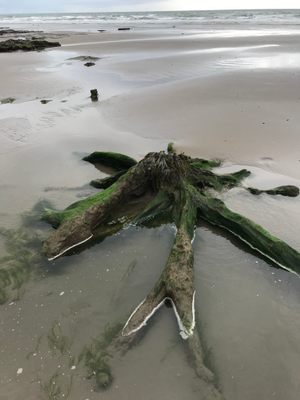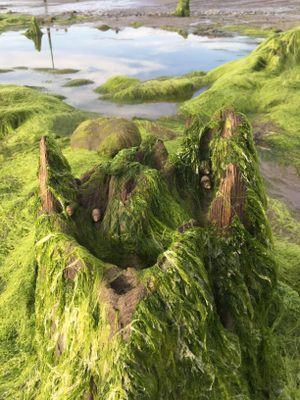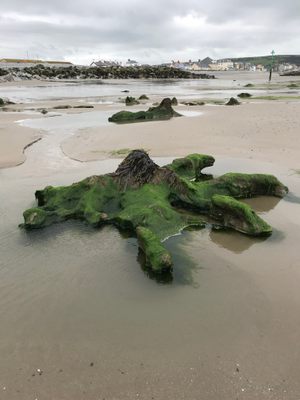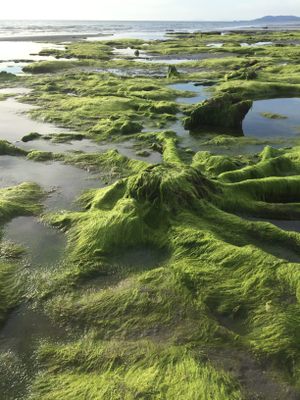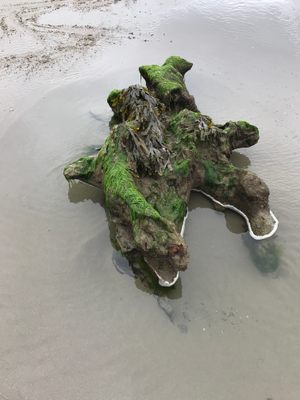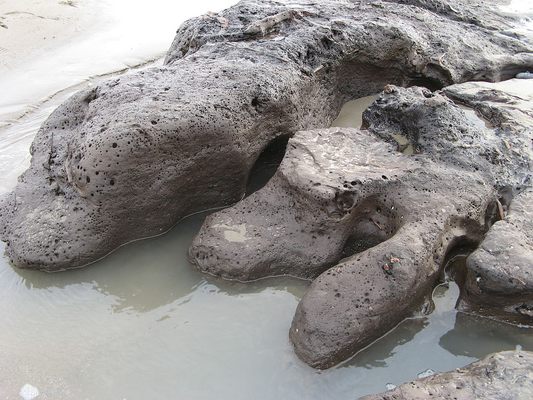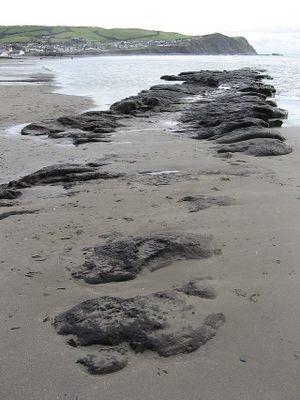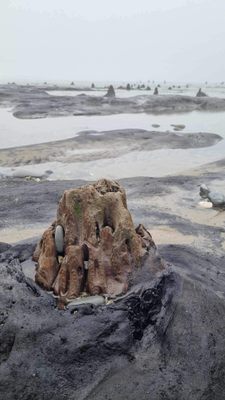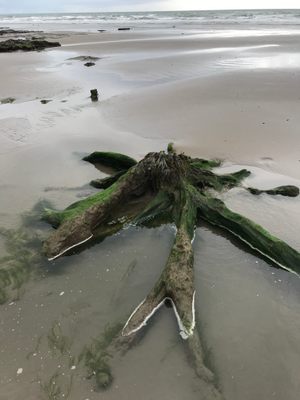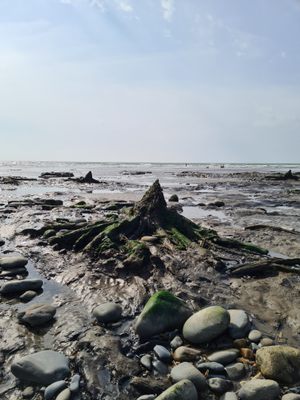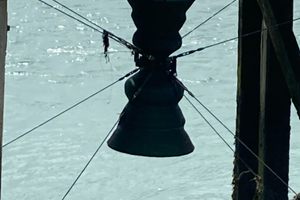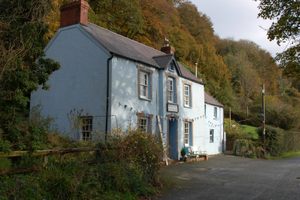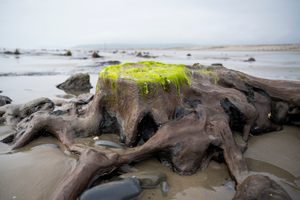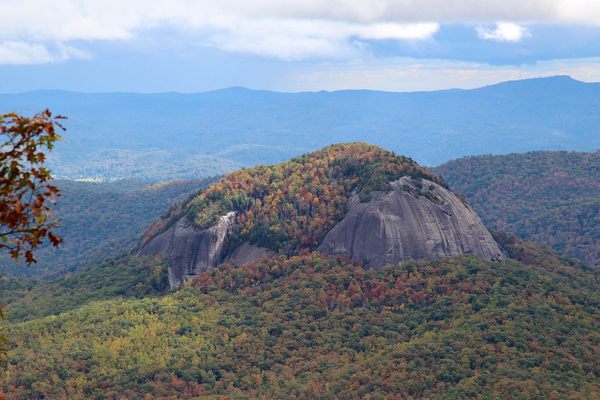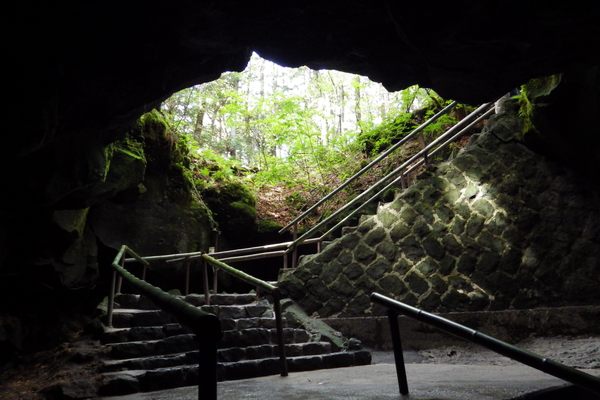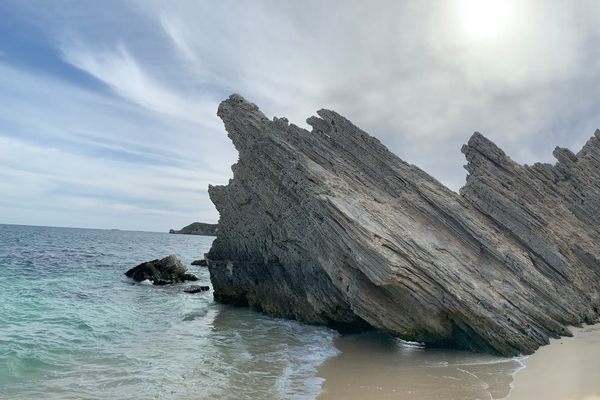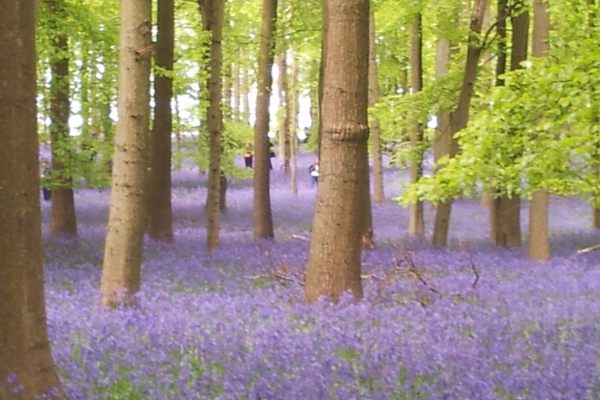About
At low tide in the bucolic Welsh coastal village of Borth, what appear to be rocks are revealed on the beach. But these seemingly standard stones are actually the remains of a petrified forest.
In 2014, bits and stumps of such tree species as oak, ash, and birch were uncovered after a massive storm removed tons of sand from the beach. Carbon dating has placed the old plants as having lived around 1,500 BCE. The anaerobic nature of the local peat was able to preserve the remains.
In addition to the tree stumps, as the Guardian reported at the time, the remains of a walkway were found by members of the Royal Commission on the Ancient and Historical Monuments of Wales, who were patrolling the site after the storms looking for other newly uncovered relics.
The forest has become associated with the longstanding myth of a sunken civilization known as Cantre'r Gwaelod, a sort of Welsh Atlantis. It is believed by devotees of the lost city that the buried forest may be a part of the mythical land. Even before the storms uncovered much of the old forest, human and animal tracks preserved in hardened peat were already being discovered in the area.
While Cantre'r Gwaelod undoubtedly still lives in the realm of fantasy, the Forest of Borth may be a good indication of the truth the legend was based on.
Related Tags
Know Before You Go
There is parking throughout the village.
The forest can be seen relatively near to the shore just north of the village centre, and requires climbing over the steps of the sea wall and negotiating the rocky beach.
Community Contributors
Added By
Published
August 13, 2014
